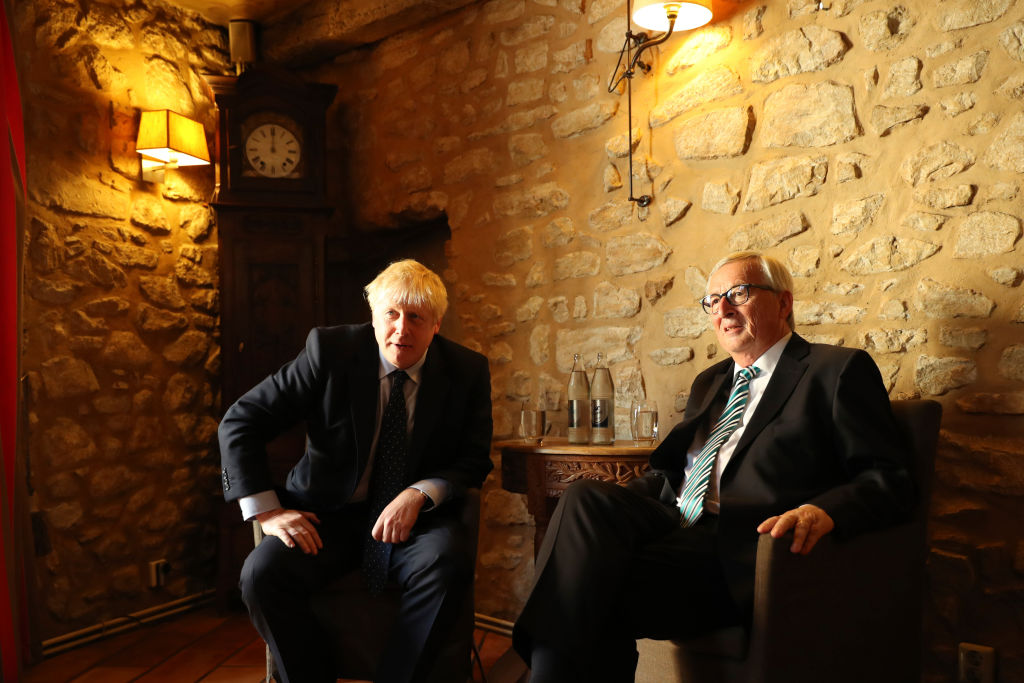I still don’t quite understand the position of some ardent Remain supporters. I do not understand why allowing the UK to leave, and then starting up a campaign to rejoin was rejected. After all, that is what the last line of Article 50 invites the state to do by invoking the process in Article 49 (the process to re-join).
Doing so would allow Britain to honour the democratic vote, which, contra to common perception, is what a lot of genuine believers in the EU themselves want us to do. It would end the word ‘remainer’ entirely. A word now unfortunately synonymous with a very negative campaign and a dark time in our national history. It would free fresh faces to make a wholly new argument about the merits of EU membership.
The only counter argument I have heard is that the EU would never give us ‘as good’ a deal. That is a deeply unattractive argument. It pre-supposes that we somehow tricked our friends and allies in the EU into a deal which is somehow unfair to them, and that they will not be fooled again. It presupposes that the EU will not reform without us, or that it will become something we could never join on plain terms, always needing special treatment.
Above all it suggests that the EU is not worth joining. Using the divorce metaphor, we would be staying together just to keep the big house and the horses, cynically aware that love died years ago and sleeping in separate bedrooms.
I feel exactly the same argument is now poisoning the issue of our, supposed to be temporary, withdrawal deal. The EU seems obsessed with forcing regulatory alignment on the UK. But this is the same, cynical, argument.
Around the world, free nation states can and regularly do copy each other when they make a new law. A well-made piece of regulation will find itself halfway around the globe without anyone ever needing to compel a nation to adopt it. British written finance law has been cut and pasted into more jurisdictions than you would think – without any involvement by our government.
So why try to force compulsory regulatory alignment on the UK? Again, the only arguments I have seen are unattractive. The fear is that we will not adopt EU laws because they are badly written – but does that justify GDPR? Worse, it is suggested we would not adopt them so we can gain a competitive economic advantage. Yet that begs the question: why is the EU drafting laws which hinder their members’ competitiveness?
A key test of being out is the freedom to diverge in your laws and regulations. To its credit the EU has led the way in promoting what is called mutual regulatory recognition. This is the process of two free states agreeing to the differences in their law, in order to then agree trade. The EU pioneered this globally and it is a big success. The EU knows that you do not have to compel every nation to follow your laws to get trade. So why are they trying to force us?
That’s why I don’t understand the, somewhat questionable, fervour to keep us in or the determination that if we leave, we must still not be allowed to make our own laws. I think it is now time for those who promote this to start explaining what it is they actually like about the EU. I am listening and I am very happy to go in to detail; just after we leave.






Comments